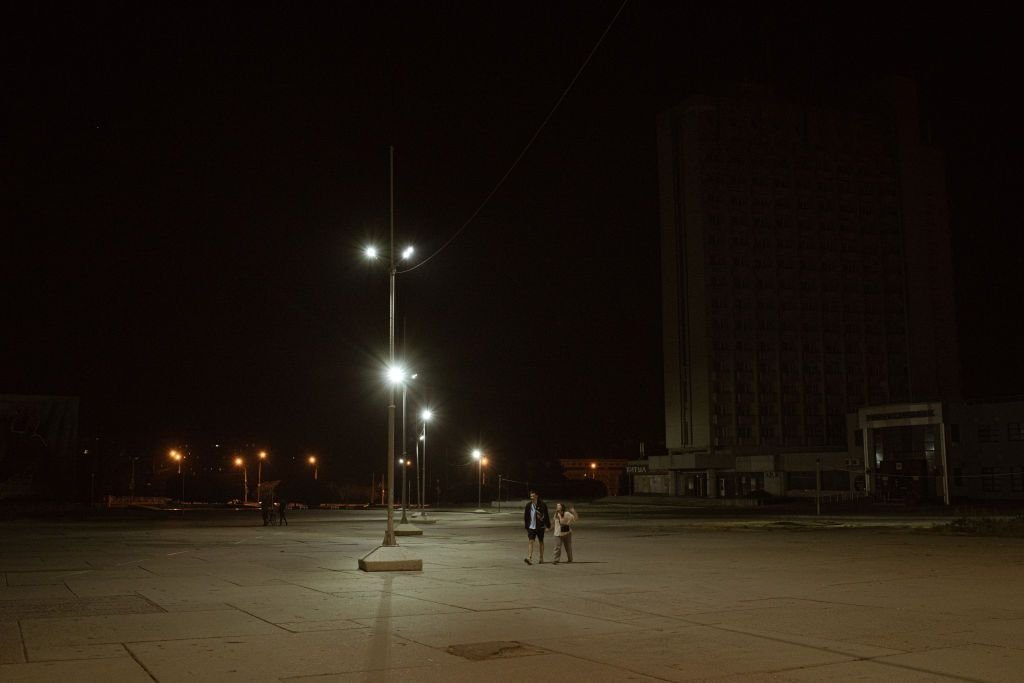The European Union (EU) and Germany have committed an additional €18 million ($20.7 million) to Ukraine’s Energy Efficiency Fund (EEF) to bolster the country’s energy independence and support its green recovery. This funding is divided, with the EU contributing €13 million ($15 million) and Germany’s International Climate Initiative (IKI) providing €5 million ($5.7 million).
The EEF, managed by the International Finance Corporation (IFC), was established in 2019 and operates two main programs: VidnovyDIM and EnergoDIM. The VidnovyDIM program focuses on repairs for homes damaged by war, while EnergoDIM co-finances grants for energy-saving improvements such as insulation, windows, and heating systems.
EU Ambassador to Ukraine, Katarina Maternova, emphasized the importance of these programs, stating that VidnovyDIM assists families in covering repair costs, allowing them to return to their homes safely. Simultaneously, the EnergoDIM program supports the modernization of older buildings to reduce energy consumption and lower heating expenses.
Since its inception, the EEF has expanded from 90 projects to 1,500, collaborating with homeowners’ associations to achieve significant energy savings. This growth has resulted in a reduction of 300 kilowatt-hours in energy consumption, equivalent to the total consumption of the city of Chernivtsi. The fund has also enabled over 217,000 families to modernize and repair their homes, with approximately half benefiting from the VidnovyDIM program.
The recent funding boost aims to improve grant efficiency, increase the maximum grant size to over €200,000, and support more households under Ukraine’s sustainable reconstruction strategy, known as “Build Back Better.” Ukraine’s Development of Communities and Territories First Deputy Minister, Alena Shkrum, noted that the EEF will resume accepting applications, which had been paused due to overwhelming demand.
Currently, around 10% of Ukraine’s housing stock has suffered damage or destruction due to the ongoing conflict, and many buildings rely on outdated Soviet-era heating systems, making them inefficient. Russia’s continued attacks on Ukraine’s energy infrastructure have resulted in widespread instability, further burdening citizens with rising electricity and heating costs.
The fund’s efforts to modernize homes and schools not only improve energy efficiency but also help retain warmth during blackouts. Shkrum highlighted the increasing awareness among Ukrainians regarding the importance of energy efficiency, underscoring the necessity for the fund to continue evolving and expanding its reach.




